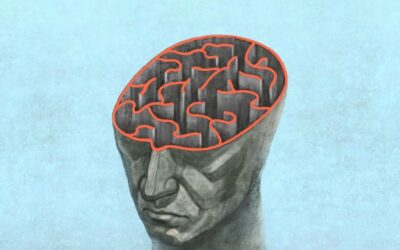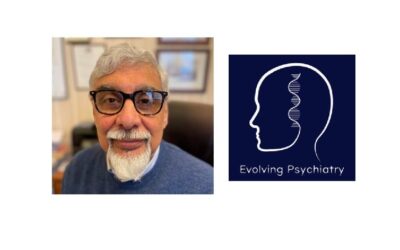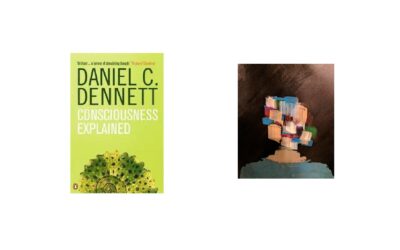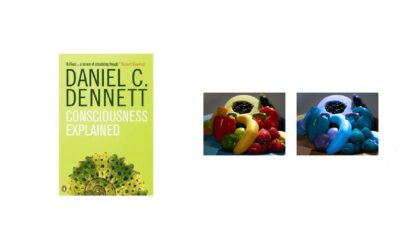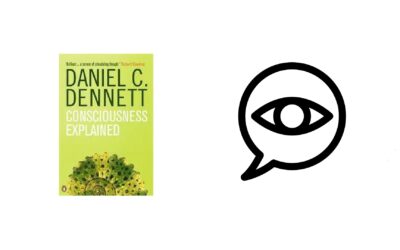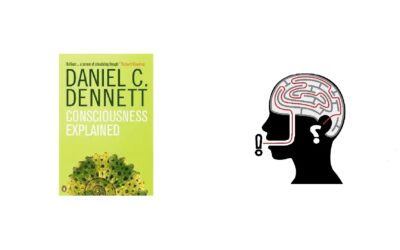Depression: A Disorder of the Brain or the Body?
Is depression a problem affecting the brain as an organ, a disorder of thoughts and how we use the mind, or could it stem from a broader issue in the body? From a lecture by Daniel Nettle at the Evolutionary Psychiatry Group of the Royal College of Psychiatrists,...
The Scientific Study of the Unconscious Mind: A Review of Timothy Wilson’s Strangers to Ourselves
Our senses detect more than 11 million units of information every second, with the eye alone capturing 10 million signals per second if we consider it as a flow of data forming continuous video clip. How much of that information do you remember? How much of it is...
Eating Disorders and the Concept of Mismatch in Evolutionary Psychiatry (Podcast with Riadh Abed)
So, let’s move to the other important topic: eating disorders and their relationship to our evolutionary conditions. Does the concept of mismatch apply to them? The answer is yes—mismatch does apply, perhaps even more significantly than to any other condition. When I...
Evolutionary Explanation of Schizophrenia: Living Among Strangers (Podcast with Riadh Abed)
The modern environment—whether it’s the social environment or other aspects such as the kind of the foods we eat—differs from the original human environment, that of hunter-gatherers. This was the environment in which human traits evolved, and humans lived in for most...
What is Evolutionary Psychiatry? (Podcast with Riadh Abed)
Dear listeners, welcome to another episode of the Real Science Podcast. In this episode, we are interviewing Dr. Riadh Abed, a specialist in evolutionary psychiatry. Welcome, Dr. Riadh. We begin the interview by asking you about your work and a brief introduction...
Hamza Tzortzis: A Gateway to Dialogue or a Web of Fallacies?
On Stefano Bigliardi’s Reading of Hamza Tzortzis’s "The Divine Reality" Hamza Tzortzis is a British Islamic preacher active in discussions between atheism and religion, particularly Islam. His book, The Divine Reality: God, Islam and the Mirage of Atheism, presents...
The reality of selves – Daniel Dennett’s “Consciousness Explained
It might be an unpleasant idea, but if you spit in a cup, can you re-drink your saliva? It seems like once something leaves your body, It’s no longer part of you, similar to hair or nails. This explains how we get our sense of self. Similarly, our bodies are home to...
Qualia Disqualified – Daniel Dennett’s “Consciousness Explained
In Chapter 12, Dennett addresses the concept of qualia—the way we subjectively experience things. Many philosophers argue that colours, for instance, are merely mental constructs rather than real properties of objects. Some argue that certain main features, like red,...
Dismantling the witness protection program – Daniel Dennett’s “Consciousness Explained
In Chapter 11, Dennett starts investigating the implications of the multiple drafts model, revisiting the reporting problem introduced in the previous chapter. Chapter 11 is called "dismantling the witness protection program". Titled "Dismantling the Witness...
Reporting Our Thoughts: Dennett vs. Folk Psychology – Daniel Dennett’s “Consciousness Explained
After discussing speech production, Dennett shifts his focus to reporting and expressing our thoughts. The problem with reporting is that it could undo the parallel models that Dennett worked to prove in previous chapters. Multiple drafts, or collaborative demons,...



